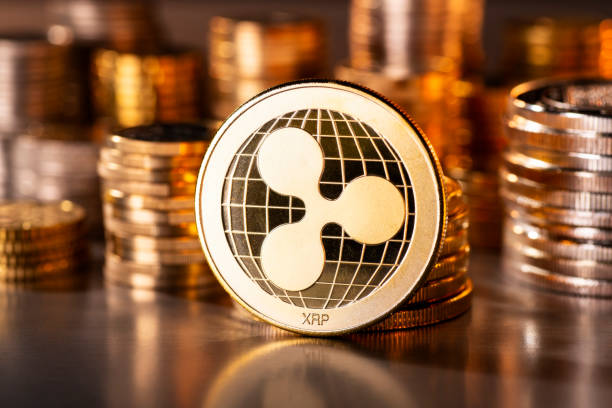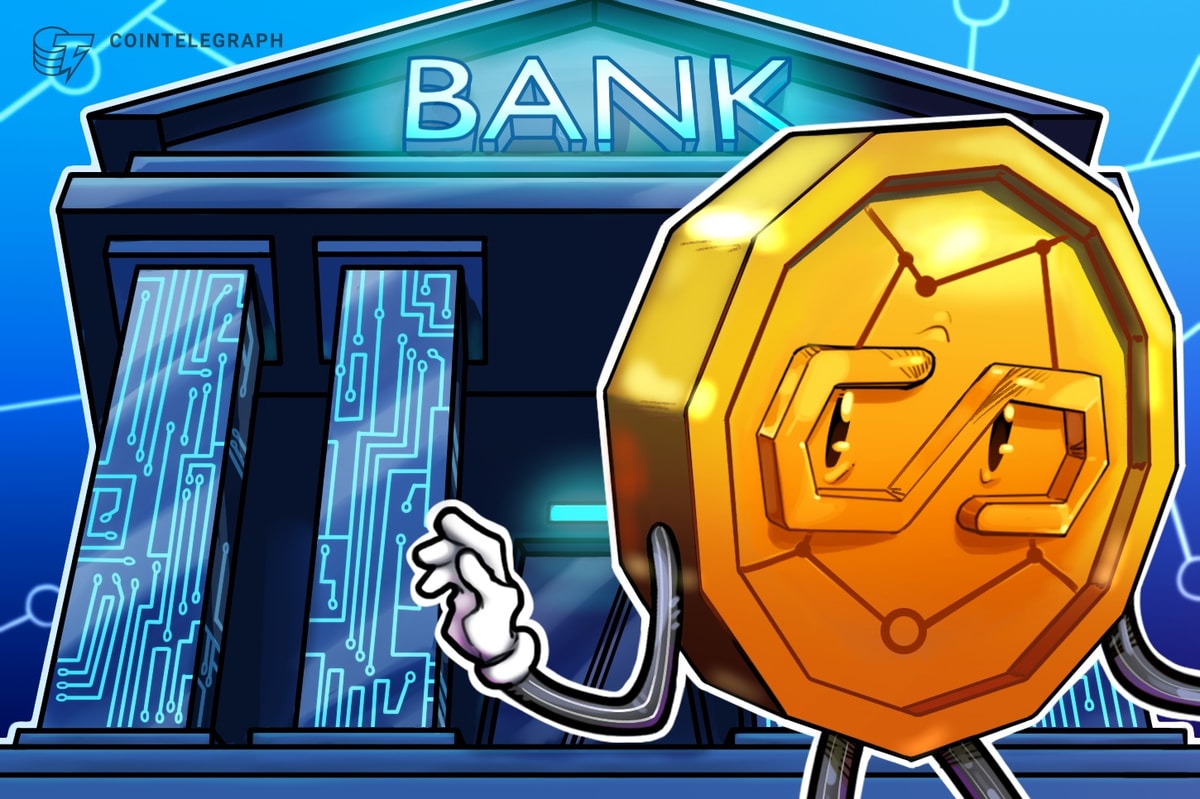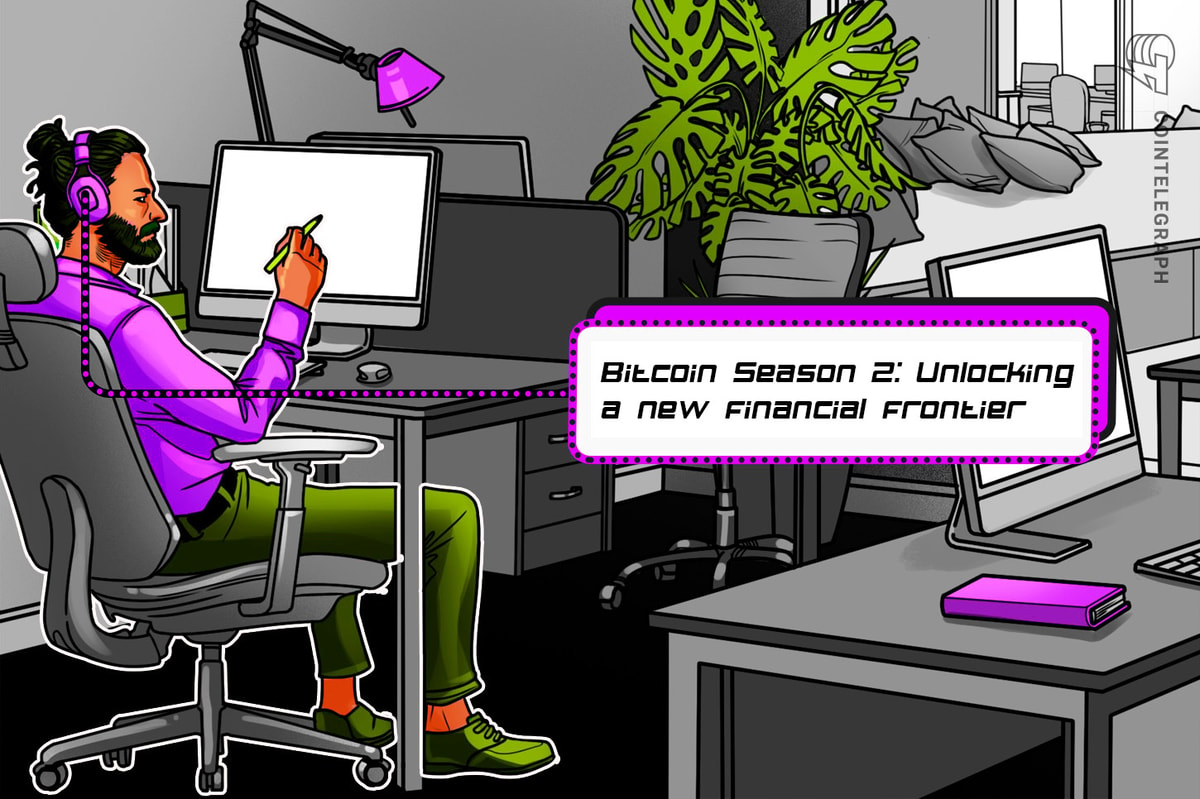Digital transformation is rapidly shaping the global financial landscape, and bitcoin, the pioneering decentralized cryptocurrency, stands tall as a symbol of this revolution.
While bitcoin's global popularity is undeniable, there's an emerging trend spotlighted in a recent survey conducted by Jack Dorsey's Block, Inc., in conjunction with Wakefield Research: developing nations are displaying a burgeoning optimism around bitcoin.
The survey, covering 15 nations and garnering insights from 6,600 individuals, offers an intriguing snapshot of how bitcoin perceptions are evolving. Between 2022 and 2023, bitcoin underwent substantial price fluctuations. However, instead of being disheartened by these market dynamics, optimism about bitcoin's future has remained higher than skepticism on average. Vietnam, Brazil, China and Mexico led the way with the biggest increases in optimism. Nigeria, India and Argentina saw optimism subdue a bit, but still remain well above average.
One of the central appeals of bitcoin has traditionally been its potential as a lucrative investment. But the data suggests a fascinating trend: while countries with established banking systems are slowly recalibrating their investment views on bitcoin, developing nations are increasingly viewing it as more than just a speculative asset. For these countries, bitcoin represents a symbol of financial freedom, a hedge against economic instability, and an opportunity to leapfrog traditional banking constraints.
A key highlight of the survey revolves around the close relationship between remittances, optimism, and bitcoin engagement. Traditional remittance channels, often characterized by exorbitant fees and tedious processes, seem to put bitcoin's value proposition as a neutral cross-border monetary network in the center stage. This, in turn, seems to be leading to an increasing recognition of bitcoin as an effective tool for international remittances in developing countries.
For context, 86.8% of adults who own bitcoin are part of a household that regularly sends or receives remittances –– and people at this intersection are much more optimistic about bitcoin’s future than those not engaged in remittances. This is evident in nations like Vietnam and India, which boast high household participation rates in the remittance economy. Stablecoins are still more popular than BTC for remittances on average, but bitcoin's proposition as a swift, transparent, and cost-effective remittance tool is gaining traction.
Governmental regulations undeniably play a pivotal role in molding a country's cryptocurrency landscape. While developed nations grapple with regulatory ambiguities, the narrative is starkly different in developing countries. However, India presents an intriguing scenario. Despite regulatory uncertainties, India exhibits the highest bitcoin ownership rate among surveyed nations. Notably, a larger percentage of Indian women own bitcoin than men, signaling a socio-economic shift where women are actively seeking financial empowerment. Similarly, countries like Nigeria and Vietnam, despite their varied economic challenges, are demonstrating growing enthusiasm for bitcoin, revealing an inherent trust in its potential to address their unique financial needs.
On the other end of the spectrum, countries like China, with a more stringent regulatory stance against cryptocurrencies, present a contrast. Although many in China claim to know bitcoin owners, very few said they possess bitcoin themselves. This divergence underscores the pivotal role of governmental regulations in shaping citizens' public stance on their relationship to bitcoin while it also reinforces the anti-fragility of the technology. Indeed, bitcoin cannot be banned.
Argentina and Brazil, two South American giants, are also showcasing a growing affinity for bitcoin. Both countries show ownership rates higher than most countries in the survey and also net more optimistic about bitcoin than average. In Argentina, where inflationary pressures persist, bitcoin is increasingly being perceived as a protective shield against economic volatility. Brazil, meanwhile, seems to recognize bitcoin's multifaceted potential, from diversification of investment portfolios to its utility in procuring goods and services.
This difference in perception between the two countries can be explained by the contrasting realities of their economies. While Brazil, South America’s biggest economy, has enjoyed a fairly stable fiat currency since the advent of the real in the 1990’s, Argentina has for decades been plagued by hyperinflation. Brazilians can transfer reais to each other instantly and for no fees through Pix in a relatively stable financial system. As a result, they see bitcoin mostly as an investment. Argentinians, on the other hand, see bitcoin as "more trustworthy than government-backed currency."
Block's comprehensive survey is a testament to the unique value proposition a global monetary network with no gatekeepers or rulemakers presents to developing nations. While traditional global financial hubs continue their cautious dance around bitcoin, developing countries, driven by a mix of economic aspirations and challenges, are emerging as the new vanguards of the bitcoin revolution. Their collective sentiment stands as a powerful reminder: bitcoin's allure is not merely in its market value but in its transformative potential to redefine the contours of global financial inclusion.











